1. Introduction to Ibogaine Hydrochloride Treatment
Ibogaine hydrochloride treatment has gained significant attention as a potential breakthrough in the field of addiction therapy. Derived from the root bark of the Tabernanthe iboga plant, ibogaine hydrochloride has been used traditionally in West Africa for spiritual and healing purposes. In recent years, it has emerged as a promising alternative for addressing various substance dependencies. This article provides an overview of ibogaine hydrochloride treatment, exploring its mechanism of action, potential benefits, safety considerations, treatment process, clinical applications, ongoing research, legal status, and future directions. By examining the current landscape and exploring its potential impact, we aim to provide a comprehensive understanding of this unconventional addiction treatment approach.
1. Introduction to Ibogaine Hydrochloride Treatment
1.1 What is Ibogaine Hydrochloride?
Ibogaine hydrochloride is a naturally occurring psychoactive compound derived from the root bark of the Tabernanthe iboga plant. It has gained attention for its potential as a treatment for addiction due to its unique properties in the brain.
1.2 Historical Context and Traditional Uses
For centuries, the indigenous people of West Africa have used ibogaine as part of their spiritual and healing rituals. It has been traditionally employed as a tool for initiation ceremonies, introspection, and accessing higher states of consciousness.
1.3 Rise in Popularity as an Addiction Treatment
In recent years, ibogaine hydrochloride has emerged as a promising alternative for addiction treatment, particularly for opioid dependence. Its ability to interrupt addictive patterns and provide a fresh perspective has captured the interest of researchers and individuals seeking a different approach to recovery.
2. Mechanism of Action and Potential Benefits of Ibogaine Hydrochloride
2.1 How Does Ibogaine Hydrochloride Work in the Brain?
Ibogaine hydrochloride works by modulating various neurotransmitter systems in the brain, including serotonin, dopamine, and glutamate. It is believed to reset neural pathways related to addiction, helping individuals break free from the grip of substance dependence.
2.2 Potential Benefits for Addiction Treatment
One of the main advantages of ibogaine hydrochloride is its ability to provide a rapid detoxification process, allowing individuals to bypass the severe withdrawal symptoms commonly associated with substance cessation. Additionally, it has been reported to reduce cravings and provide a renewed sense of purpose and direction.
2.3 Other Potential Therapeutic Applications
Beyond addiction treatment, research suggests that ibogaine hydrochloride may have potential in addressing other mental health conditions such as depression, anxiety, and post-traumatic stress disorder. However, further studies are needed to fully understand its efficacy in these areas.
3. Safety and Potential Risks of Ibogaine Hydrochloride Treatment
3.1 Safety Considerations and Medical Precautions
While ibogaine hydrochloride shows promise, it is important to recognize that its use carries certain risks. It should only be administered under the supervision of trained professionals in a controlled medical setting. Prior medical and psychological evaluations are necessary to identify any contraindications and ensure patient safety.
3.2 Common Side Effects and Risks
Common side effects of ibogaine hydrochloride treatment can include nausea, vomiting, tremors, and changes in heart rate. In rare cases, it may lead to potentially serious complications, such as cardiac arrhythmias. Thorough medical monitoring is crucial to manage these risks effectively.
3.3 Potential Long-term Effects and Complications
The long-term effects of ibogaine hydrochloride treatment are not yet fully understood. Research is ongoing to determine its impact on neuroplasticity and the potential for sustained addiction recovery. As with any medication or treatment, it is important for individuals to be aware of potential risks and follow appropriate aftercare protocols.
4. The Process of Ibogaine Hydrochloride Treatment
4.1 Pre-treatment Evaluation and Screening
Before undergoing ibogaine hydrochloride treatment, individuals must undergo a comprehensive evaluation to assess their physical and psychological suitability. This involves medical screening, including an assessment of any pre-existing health conditions or medications that may interact with ibogaine.
4.2 Dosage and Administration Protocols
The dosage of ibogaine hydrochloride varies depending on several factors, including body weight and the individual’s sensitivity to the compound. Experienced medical professionals determine the appropriate dose and administer it in a controlled setting to ensure safety and effectiveness.
4.3 Setting and Supportive Care during Treatment
During ibogaine hydrochloride treatment, individuals are typically provided with a supportive and calm environment. Medical personnel are on hand to monitor vital signs and provide necessary care. The treatment process often involves therapy sessions to explore personal experiences and emotions that may arise.
4.4 Post-treatment Integration and Follow-up
After completing ibogaine hydrochloride treatment, it is crucial for individuals to engage in a comprehensive aftercare plan. This may include therapy, support groups, and lifestyle changes to support long-term recovery. Regular follow-up appointments with medical professionals can help track progress and address any ongoing needs.
Remember, while ibogaine hydrochloride treatment shows promise, it is essential to consult with healthcare professionals and approach it as part of a holistic treatment plan tailored to individual needs.2>7.2 Availability of Ibogaine Hydrochloride Treatment
8. Conclusion
8.1 The Promising Potential of Ibogaine Hydrochloride Treatment
8.2 Embracing a Holistic Approach to Addiction Treatment
5. Clinical Applications of Ibogaine Hydrochloride in Addiction Treatment
Ibogaine hydrochloride has shown promising results in the field of addiction treatment. Its efficacy has been studied in relation to various substances of abuse, and case studies and patient testimonials provide further evidence of its potential. Additionally, combining Ibogaine with conventional treatment approaches has shown positive outcomes.
5.1 Efficacy of Ibogaine Hydrochloride for Different Substances of Abuse
Research suggests that Ibogaine hydrochloride may be effective in treating addiction to various substances, including opioids, cocaine, and alcohol. Its unique mechanism of action targets the underlying causes of addiction and helps individuals break free from the cycle of substance abuse. However, further studies are needed to fully understand its effectiveness for different substances.
5.2 Case Studies and Patient Testimonials
Numerous case studies and patient testimonials have highlighted the potential of Ibogaine hydrochloride in addiction treatment. Individuals who have undergone Ibogaine therapy often report reduced cravings, improved mental clarity, and a renewed sense of purpose. These personal accounts provide valuable insights into the transformative power of Ibogaine.
5.3 Combining Ibogaine with Conventional Treatment Approaches
While Ibogaine hydrochloride has shown promise as a standalone treatment, combining it with conventional approaches can enhance its effectiveness. Integrating Ibogaine therapy with counseling, support groups, and aftercare programs can provide a comprehensive and holistic approach to addiction recovery. This combination approach addresses both the physical and psychological aspects of addiction, increasing the chances of long-term success.
6. Current Research and Future Directions in Ibogaine Hydrochloride Treatment
Ongoing research and clinical trials are exploring the potential of Ibogaine hydrochloride in addiction treatment. Scientists are investigating its mechanisms of action and exploring ways to optimize its effectiveness. There is also hope that Ibogaine could be integrated into mainstream medicine, providing a new tool in the fight against addiction.
6.1 Ongoing Studies and Clinical Trials
Researchers are actively conducting studies and clinical trials to further investigate the potential of Ibogaine hydrochloride. These studies aim to determine optimal dosages, treatment protocols, and long-term outcomes. By expanding our knowledge through rigorous scientific research, we can refine Ibogaine therapy and ensure its safety and efficacy.
6.2 Exploring Ibogaine’s Mechanisms for Enhanced Treatment
Scientific advancements have allowed us to gain a deeper understanding of how Ibogaine hydrochloride works in the brain. By exploring its mechanisms of action, researchers hope to uncover new ways to enhance its treatment potential. This knowledge could lead to the development of more targeted and personalized approaches to addiction therapy.
6.3 Potential Integration into Mainstream Medicine
As research continues to demonstrate the potential benefits of Ibogaine hydrochloride, there is a growing interest in integrating it into mainstream medicine. However, legal considerations and regulatory challenges need to be addressed to ensure safe and ethical use. With further evidence and advocacy, there is hope that Ibogaine could be recognized as a valuable tool in addiction treatment.
7. Legal Considerations and Availability of Ibogaine Hydrochloride Treatment
7.1 International Legal Status and Regulatory Challenges
The legal status of Ibogaine hydrochloride varies across countries, with some nations prohibiting its use and others allowing it under certain circumstances. Regulating its use poses challenges due to its potential risks and the need for trained medical professionals to administer the treatment. International collaboration and dialogue are essential to establish appropriate legal frameworks.
7.2 Availability of Ibogaine Hydrochloride Treatment
Currently, Ibogaine hydrochloride treatment is not widely available and may be limited to specific clinics or countries. Access to Ibogaine therapy can be restricted, requiring individuals to travel to specialized centers where it is legally administered. As the field continues to evolve and clinical evidence accumulates, it is hoped that the availability of Ibogaine treatment will expand, allowing more people to benefit from its potential.
8. Conclusion
8.1 The Promising Potential of Ibogaine Hydrochloride Treatment
Ibogaine hydrochloride treatment holds significant promise in the field of addiction therapy. Its unique mechanisms of action, along with positive case studies and patient testimonials, suggest its effectiveness in treating various substance addictions. While further research is needed to establish its full potential. So, Ibogaine therapy offers hope for individuals seeking a new path to recovery.
8.2 Embracing a Holistic Approach to Addiction Treatment
Incorporating Ibogaine hydrochloride into a holistic approach to addiction treatment can yield the best results. By combining Ibogaine therapy with counseling, support groups, and aftercare programs, individuals can receive comprehensive care that addresses the physical, psychological, and emotional aspects of addiction.
So, Through a collaborative effort between medical professionals, researchers, and policymakers, the potential of Ibogaine hydrochloride can be fully realized, offering renewed hope for individuals battling addiction.In conclusion, ibogaine hydrochloride treatment offers a unique and intriguing approach to addiction therapy.
While it shows promise in providing relief from substance dependencies, it is crucial to acknowledge the safety considerations and potential risks associated with its use. Ongoing research and clinical trials are essential in further understanding its efficacy and refining treatment protocols. As we navigate the legal landscape and address regulatory challenges, the potential integration of ibogaine hydrochloride into mainstream medicine could offer new possibilities for individuals struggling with addiction. While there is still much to learn, ibogaine hydrochloride treatment offers a glimmer of hope and an alternative path towards recovery for those in need.
FAQ
1. Is ibogaine hydrochloride treatment safe?
In addition, Ibogaine hydrochloride treatment should be approached with caution, as it carries potential risks and side effects. It is important to undergo a thorough medical evaluation and be monitored by trained professionals throughout the treatment process to mitigate these risks.
2. What substances of abuse can ibogaine hydrochloride treat?
So,Ibogaine hydrochloride has shown potential in the treatment of various substances of abuse, including opioids, cocaine, methamphetamine, and alcohol. However, its efficacy may vary depending on individual circumstances. Therefore, further research is needed to determine its effectiveness for specific substances.
3. Can ibogaine hydrochloride treatment be combined with other treatment approaches?
Futhermore, Ibogaine hydrochloride treatment can be combined with other treatment approaches, such as therapy and support groups, to enhance the recovery process. However, it is crucial to consult with healthcare professionals and addiction specialists to develop a comprehensive and personalized treatment plan.
4. Is ibogaine hydrochloride treatment legal?
Furthermore, The legal status of ibogaine hydrochloride varies across different countries and jurisdictions. It is important to research and understand the legal considerations and regulations surrounding its use before considering this treatment option.
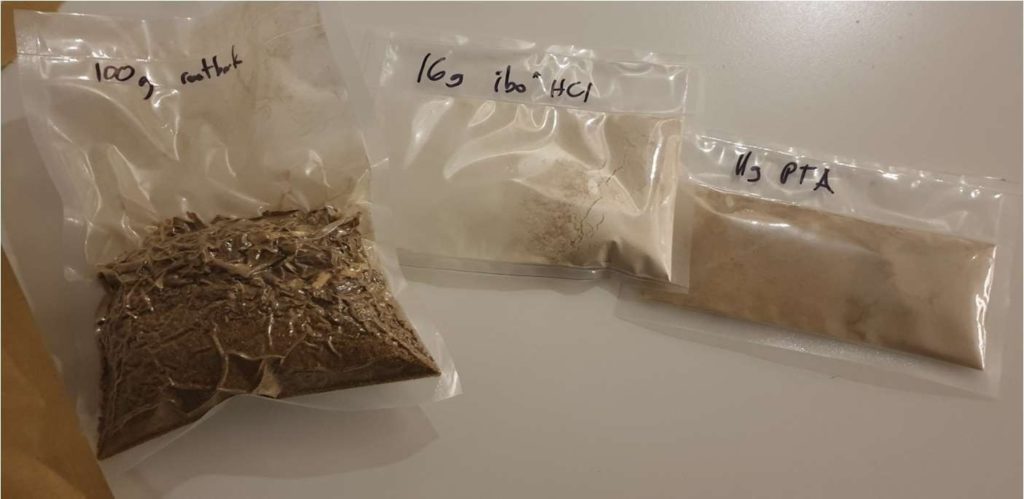

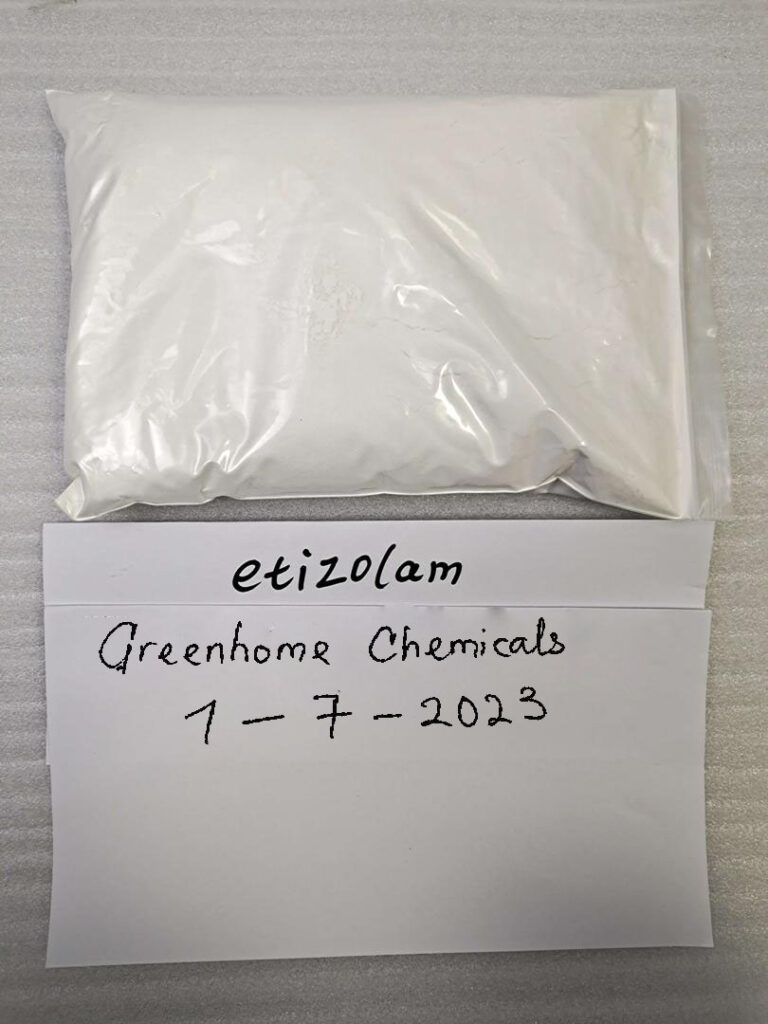

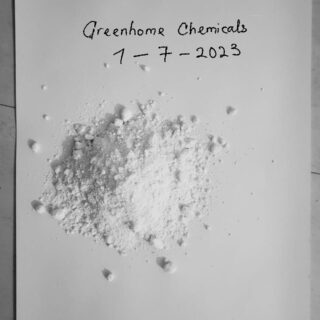
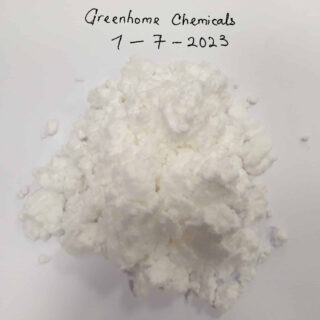

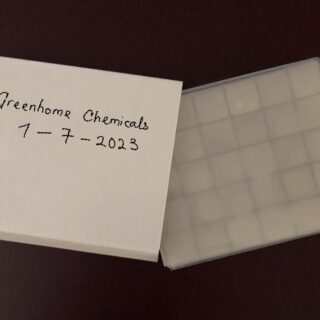
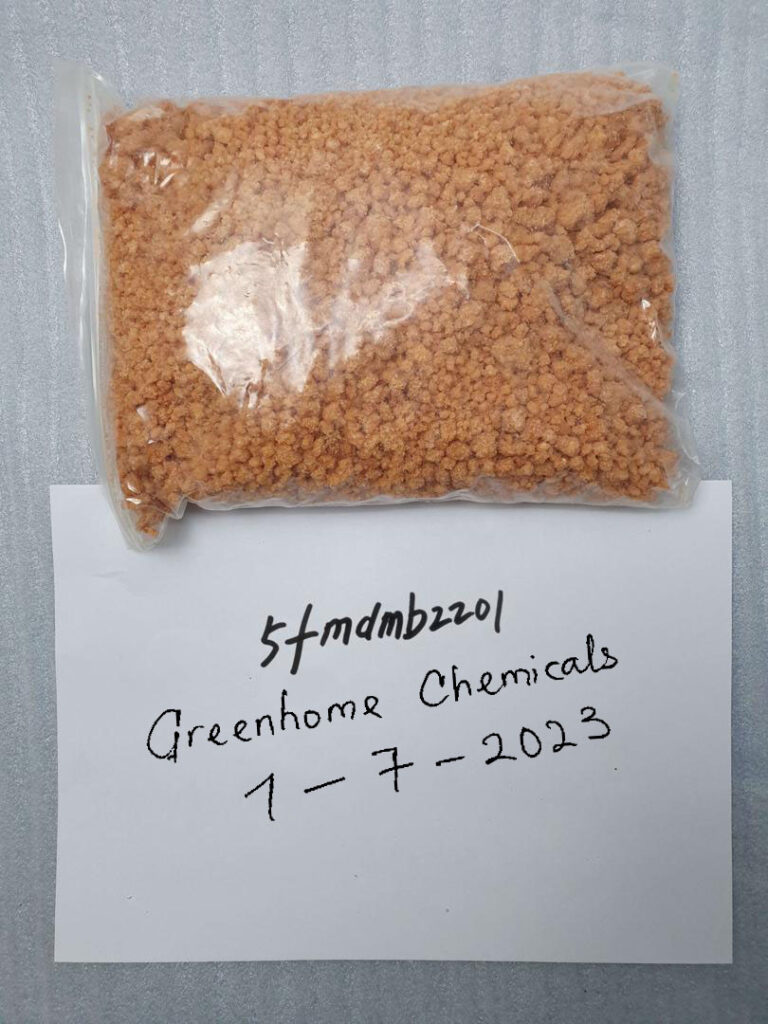
Leave a Reply